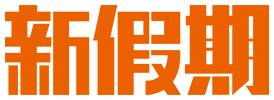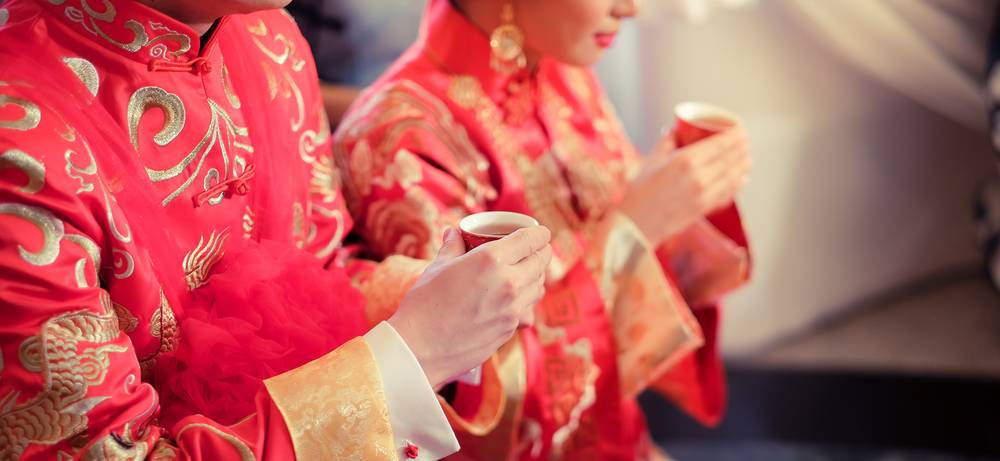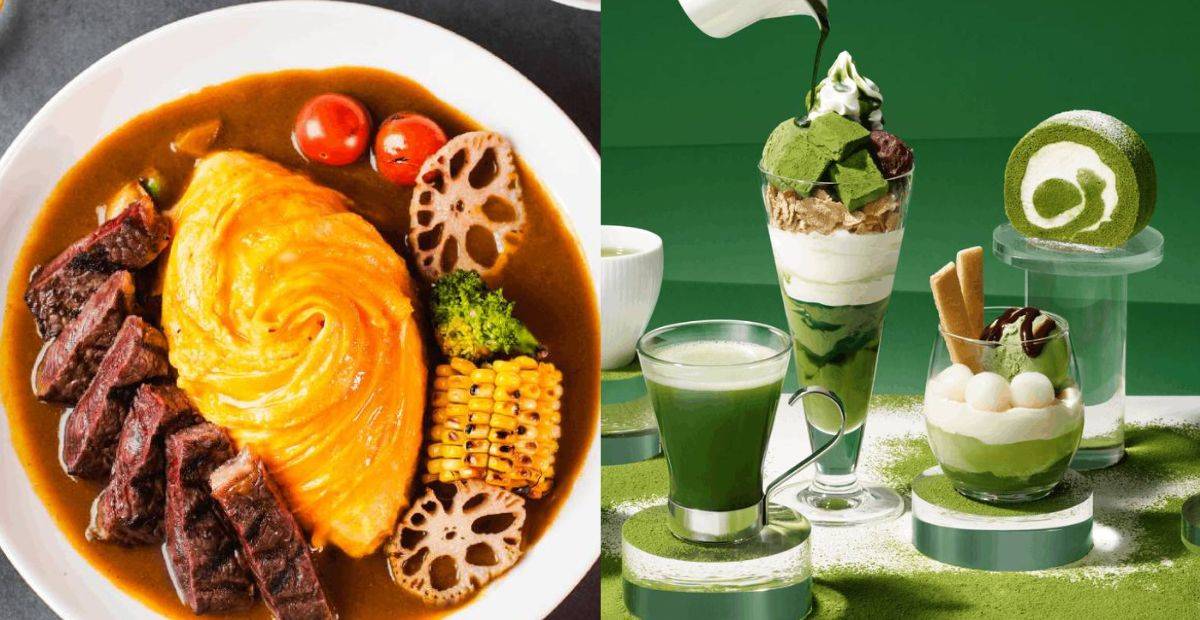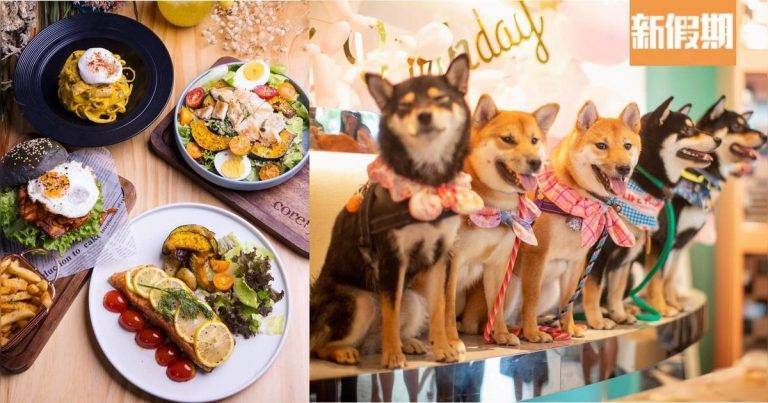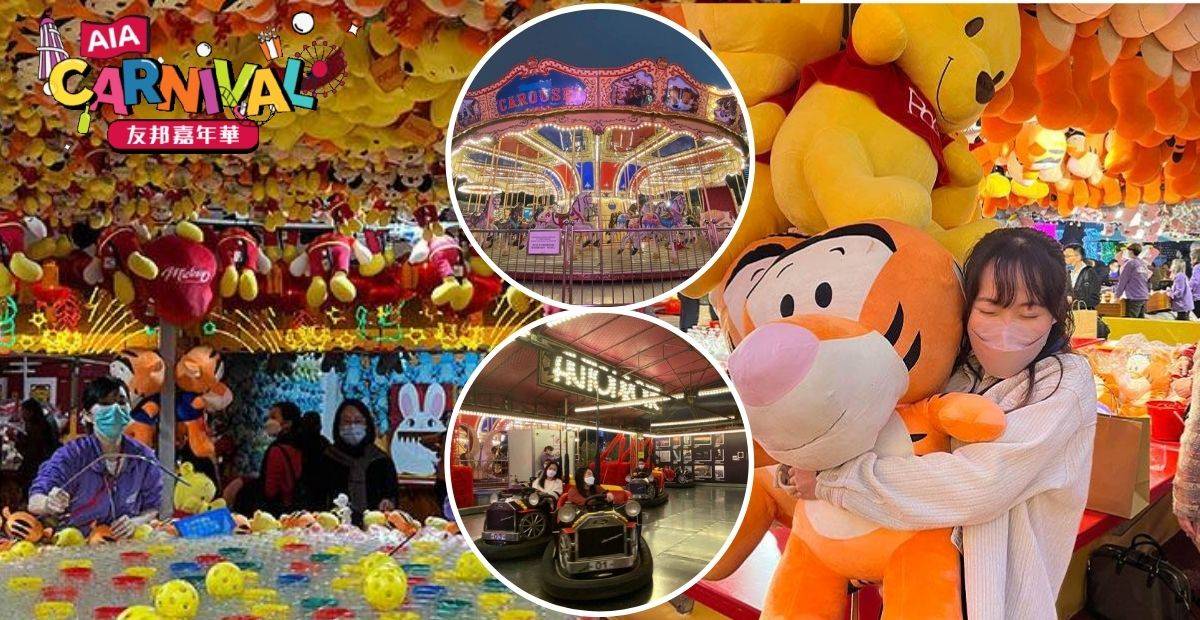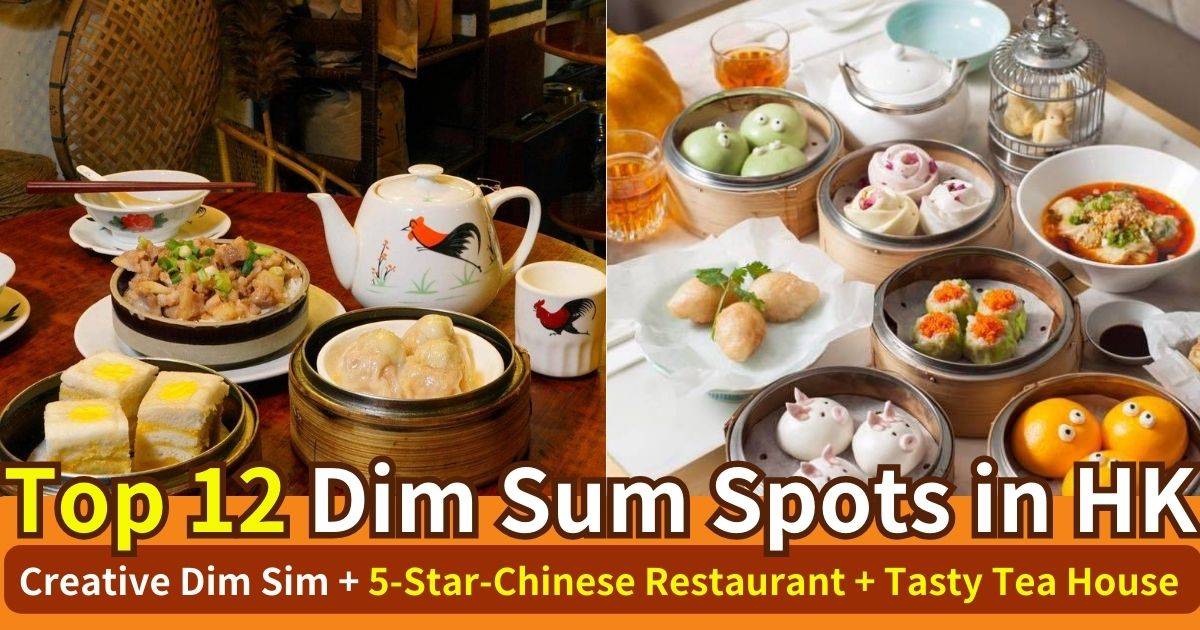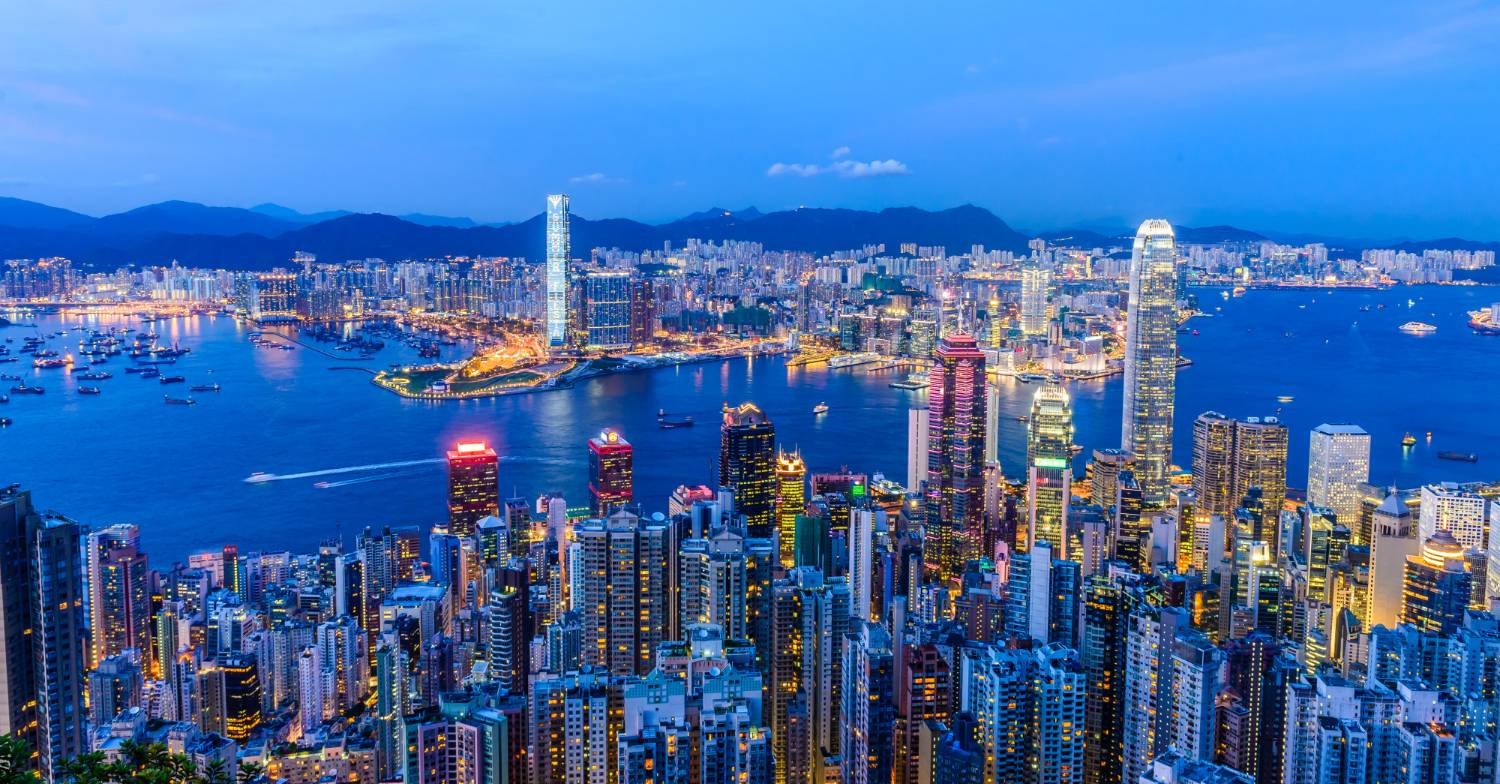Traditional Chinese Wedding Ceremonies in Hong Kong
Traditional Chinese Wedding Ceremonies
Traditional Wedding Ceremonies| Boat Dwellers
Traditional Wedding Ceremonies| Punti
Traditional Wedding Ceremonies| Hakka
Traditional Wedding Ceremonies| Boat Dwellers
Introduction
The Boat Dwellers’ celebrated their weddings in a manner that honored their cultural heritage. The Boat Dwellers’ wedding ceremony involved various customs such as exchanging betrothal gifts, a grand procession to welcome the bride on a sedan chair, and a lavish banquet similar to those held by people living on land. However, since boats played a significant role in communication and served as ceremonial venues for Boat Dweller weddings, even the wedding banquets were once hosted on floating restaurants.
Historical evolution
In Hong Kong, the water people mainly consist of the Tanka (Cantonese-speaking) and Hoklo people (Teochew-speaking), and they have different wedding customs based on their ethnic backgrounds. With the decline of the fishing industry and fishermen moving to land, some wedding traditions have gradually changed.
The Tanka people hold their weddings on boats or in makeshift houses. Before the wedding ceremony, there is a coming-of-age ritual called “taking off school clothes” or “taking off brown clothes”. This involves changing into new clothes to symbolize purity and adulthood. The bride also participates in a ritual called “candle lighting”, where elders comb her hair while singing traditional songs with family and friends. Some water people also practice a custom known as “returning footsteps”, where the bride first pays respects to ancestral gods at the groom’s house, serves tea to elders, and then returns to her parents’ home. Some fishermen even set up temporary song halls next to their makeshift houses as venues for wedding ceremonies. Family and friends temporarily suspend fishing activities to attend these weddings, while the groom’s family arranges two meals per day for visiting guests.
On the other hand, Hoklo brides are not allowed to return to their parents’ home until one month after getting married, and they can only spend nights at their parents’ home four months later. However, this tradition has now been modified into a three-day visit called “returning through the door”. During this visit, various ceremonial items such as roasted pig, meat dishes, cakes, fruits, wine,and dumplings are prepared for welcoming back newlyweds.
Events
During the wedding ceremony, the groom undergoes the “賀大字” ritual arranged by elder family members. The groom’s post-marriage name is written with a brush on red paper, symbolizing adulthood.
Amidst drumming and gongs, the groom travels by boat to the bride’s home for the formalities. He lightly taps the bride’s head three times with a paper fan to signify good luck, obedience to her husband, and fertility. The bride then presents six cups of tea to her in-laws as a gesture of harmony, happiness, prosperity throughout all seasons, successful children, and endless blessings.
After marriage, Hakka women traditionally wear their hair in a bun called “髮髻.” Those who do not know how are criticized as having “disheveled hair,” implying bad luck. Additionally, displaying gold jewelry during weddings is common among Hakka people as a symbol of wealth and power.
Traditional Wedding Ceremonies| Hakka
Introduction
In the village of Tseng Lan Shue, located in Sai Kung, the timeless traditions of Hakka wedding ceremonies continue to flourish. These sacred rituals encompass a variety of customs, including sheung tau, where the bride’s hair is beautifully styled, and the heartfelt act of bringing her to the groom’s home. Moreover, ancestral worship holds great importance in these ceremonies.
Moving on to Shek Kwu Lung and Kau To, two captivating Hakka villages nestled in Sha Tin, an extraordinary spectacle unfolds on the auspicious day of marriage. A magnificent troupe performing a traditional Hakka unicorn dance is sent to warmly welcome and accompany the radiant bride as she embarks on this new chapter of her life.
Traditional Wedding Ceremonies| Walled Villages
Introduction
The wedding customs observed by the Punti/Walled Villages communities in Hong Kong have been passed down from the traditional Chinese marriage traditions. These rituals encompass various practices such as exchanging betrothal gifts, arranging the couple’s marital bed, performing sheung tau (hair dressing), having the bride visit her paternal home, and paying homage to ancestors.
Area
New Territories
What are the different categories of traditional Chinese wedding ceremonies in Hong Kong?
Traditional Chinese wedding ceremonies in Hong Kong can be divided into categories based on the ethnic origins of the couple. These categories include Boat Dwellers, Punti, and Hakka…More Details
Are there any specific customs followed by urban Chinese residents during their weddings in Hong Kong?
Yes, urban Chinese residents in Hong Kong have their own customs and rituals during wedding celebrations. These customs may include traditional practices such as the tea ceremony, exchanging …More Details
